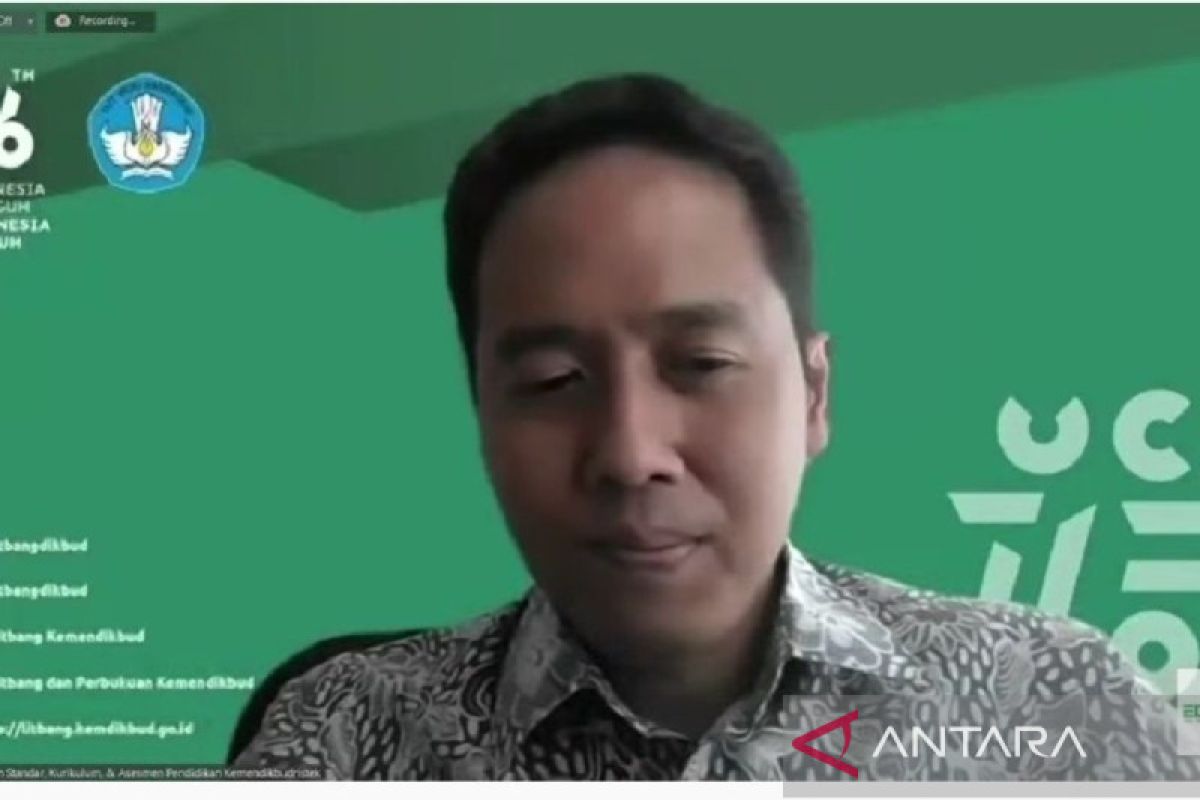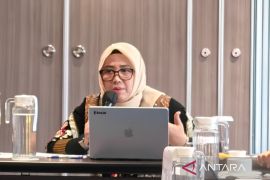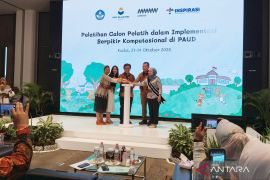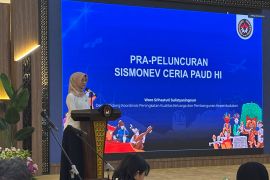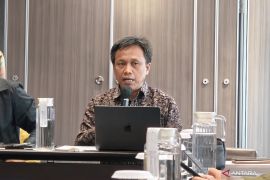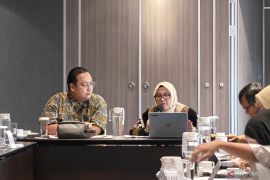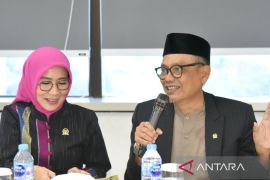Regarding the educational disparity, especially the learning outcomes, we propose solutions through the National Education System Bill (RUU Sisdiknas), with the first step being by strengthening PAUDJakarta (ANTARA) - Education, Culture, Research, and Technology Ministry's Educational Standards, Curriculum, and Assessment Agency (BSKAP) Head, Anindito Aditomo, stated that strengthening Early Childhood Education (PAUD) is the key to overcoming educational disparities, especially between socio-economic groups.
"Regarding the educational disparity, especially the learning outcomes, we propose solutions through the National Education System Bill (RUU Sisdiknas), with the first step being by strengthening PAUD," Aditomo stated at the virtual National Education Seminar followed from here, Thursday.
According to Aditomo, strengthening PAUD is important to overcome the disparity since based on the literature, the learning gap had formed since the first day the children entered grade one of elementary school.
Related news: Education System Bill gives formal recognition to PAUD teachers: govt
Disparities arise since children from upper-middle-class families are already familiar with the learning skills and academic language needed to succeed in school that not every kid from lower-middle-class families has experienced, he pointed out.
Hence, the RUU Sisdiknas seeks to strengthen PAUD in various ways to overcome this gap. PAUD is recognized as a level of education as stipulated in Article 23, specifically "Early Childhood Education Levels are education designed to help inculcate Pancasila, religious, and moral values, as well as physical motor, cognitive, literacy, and emotional growth and development."
"Currently, PAUD has not been recognized as a level of education in the applicable law, and it is difficult to be prioritized by the government. Hence, we will address it through Article 23," Aditomo noted.
PAUD educators can also be recognized as teachers as Article 108 stipulates that "Teachers are professional educators at (a) Early Childhood Education Levels in formal education, and (b) Elementary education levels and secondary education levels in formal and non-formal education."
The RUU Sisdiknas will require one year of preschool education as stated in Article 7, paragraph (2).
Related news: Minister lauds village heads' commitment to improving early education
"(It is) because this is part of compulsory education, and the government will automatically have an obligation to provide free access," Aditomo stated.
In addition to strengthening the PAUD, the RUU Sisdiknas will cut disparity in learning through the application of equal national education standards, in accordance with Article 75, paragraph (1).
"The national standard targets are applied according to the needs and conditions of each region. Each region will have realistic targets for them to achieve and motivate them to make continuous improvements," he remarked.
Aditomo said that mandatory secondary education was also implemented gradually in accordance with regional conditions in accordance with Article 7, Paragraph (4).
However, the central government must first assist regions that have not met the minimum standards in basic education, as stated in Article 7, Paragraph (5).
Related news: Govt focuses on developing literacy for PAUD, primary school children
Related news: Education bill places PAUD educators in teacher category: minister
Translator: Suci Nurhaliza, Resinta S
Editor: Fardah Assegaf
Copyright © ANTARA 2022
